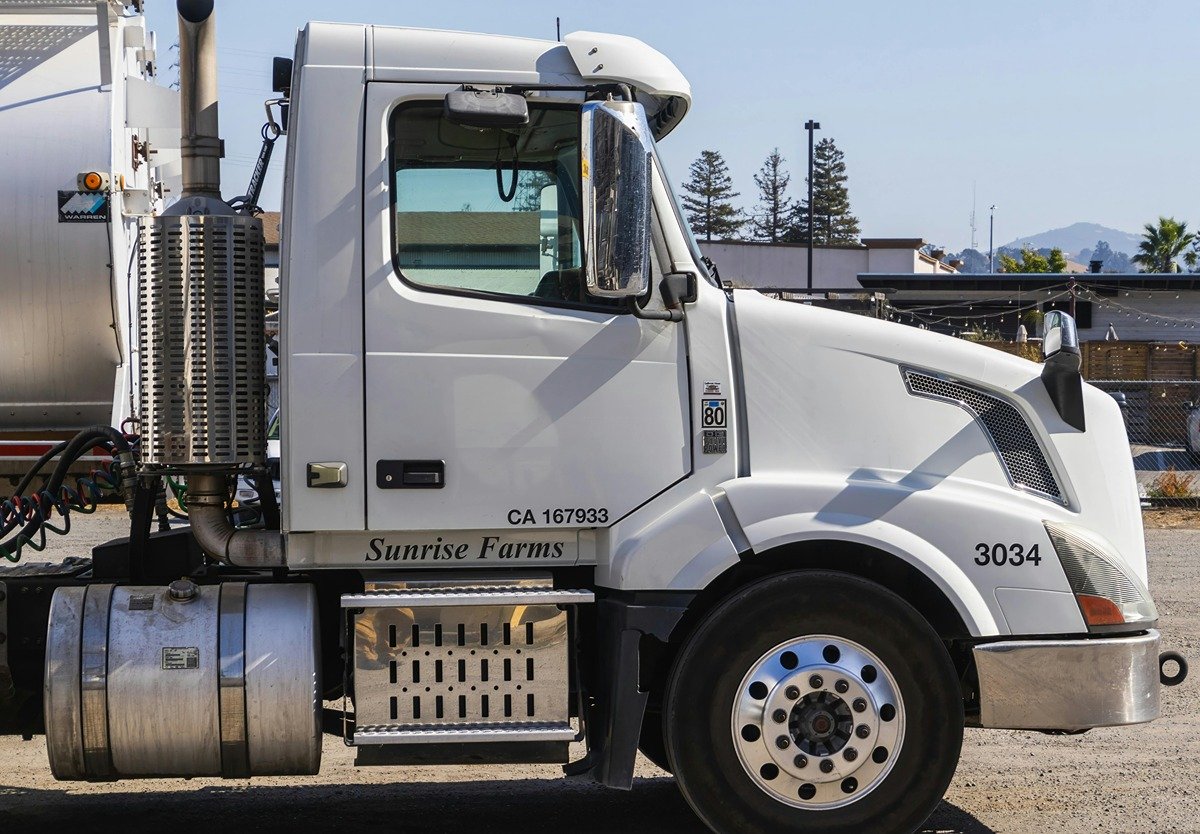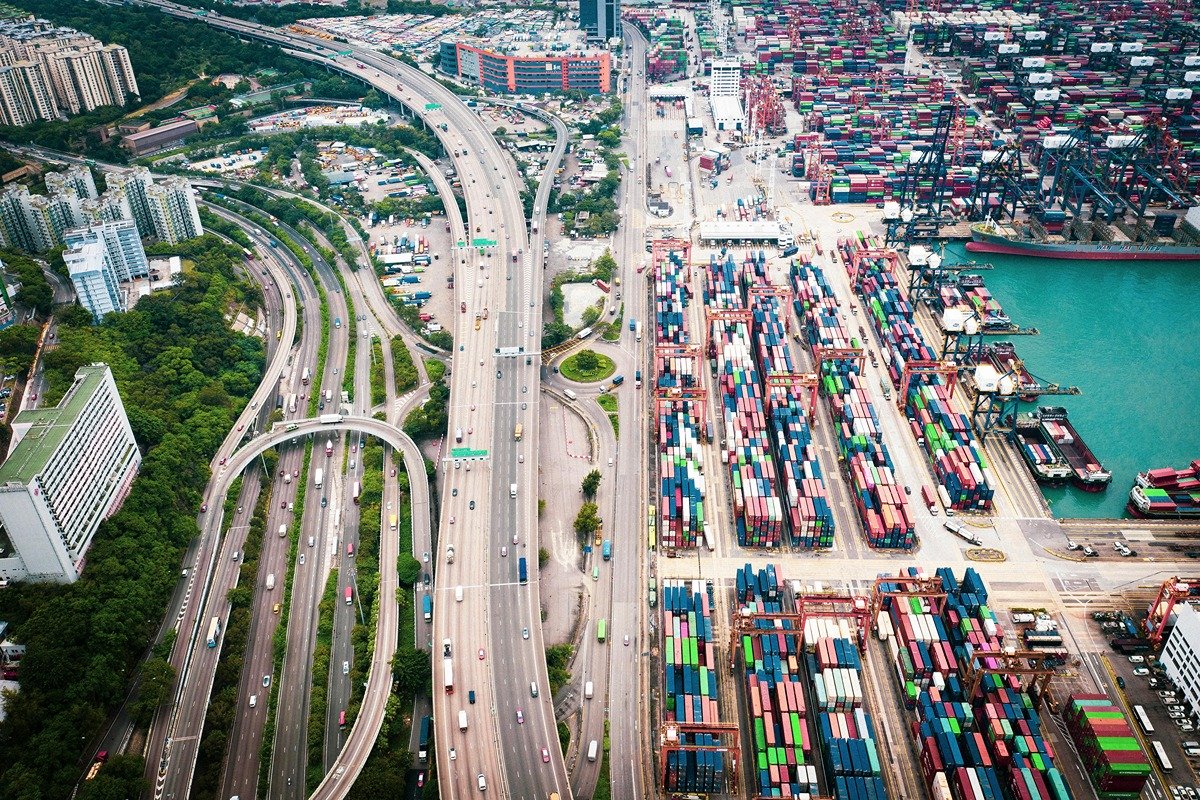
Owning or operating a semi-truck business can be financially rewarding. But it can also cost you a lot of money in truck repairs, and when you least expect it. Whether expected because of wear and tear or unforeseen due to accidental damage, semi-truck repairs can be unaffordable if you are not prepared.
Fortunately, there are several insurance products tailored for the trucking industry, and one of these deals specifically with semi-truck repairs. But how does semi-truck repair insurance work, and what does it cover?
We explain all you need to know about semi-truck repair insurance and why you need it in the article below.
Understanding the Importance of Insurance
No matter how carefully you drive your truck, there is always the possibility of something going wrong along the road. Even a cursory look at the large truck crash facts on the Federal Motor Carrier Safety Administration (FMCSA) website will confirm this.
An accident involving heavy vehicles like trucks can have serious financial implications, such as medical expenses. Besides the possibility of bodily injury and property damage, dealing with the repercussions of an accident can cause costly delays, too.
Of course, a road accident is not the only thing you need to worry about. There are various risks to consider. Trucks can be damaged by debris during natural disasters, or even just by severe weather and harsh terrain conditions. And despite your best efforts, they sometimes break down without warning.
When you have a heavy truck like a semi, repairs can become very expensive. Replacement part costs and high labor rates can make a serious dent in your cash flow. Fortunately, semi-truck repair insurance can help cushion your business against these costs.

What Does Semi-Truck Repair Insurance Cover?
A well-maintained semi-truck typically lasts around 750,000 miles and can even reach a much higher mileage with good maintenance. Our checklist for commercial truck maintenance will help.
Doing minor repairs yourself can extend the longevity of your truck and prevent the most common failures that lead to breakdowns. But even with regular maintenance, you still run the risk of an accident, damage, or breakdown on the road.
Truck repair insurance will protect your business from the financial consequences associated with these issues. Whether you’re a trucking company or an independent truck driver, this financial protection is essential for getting back on the road again, quickly and without severe financial strain.
What does semi-truck repair insurance cover? Truck repair insurance covers the repair costs for essential truck components and equipment. Warranty programs usually offer protection against mechanical failure from wear and tear as trucks age.
What’s Not Covered?
Semi-truck repair insurance is a necessity for any trucking business. But it usually does not cover basic truck care and maintenance. It also does not cover damage to cargo, loss of cargo, bodily injury caused by truck failure, or liability for third-party damages.
If you need insurance coverage for such events, get a comprehensive truck repair insurance program. A comprehensive insurance package can offer customizable coverage options alongside the usual coverage.

Do You Need It?
So, do you need semi-truck repair insurance? If you’re reliant on your trucks to operate your business, then yes, you do.
In our experience, some semi-truck repairs are more common than others, and some are more costly than others. Engine repairs and replacements, for example, are typically a semi-truck’s most costly repair and maintenance expenses.
You may be capable of handling the minor repairs yourself. But what about the major ones caused by accidents or damage along the road? They may be outside the expertise of your resident mechanic or too expensive to repair out-of-pocket.
That’s where the need for truck repair insurance comes in. It helps you manage the costs associated with major repairs that would otherwise put strain on your working capital.
Heavy Truck Insurance Basics
Before you sign up for any kind of heavy truck insurance, including semi-truck repair insurance, you need to understand how it works. There will be monthly premiums and deductibles to consider. These have to fall within your budget. And there will also be specific procedures to follow when you want to claim repair costs.
Deductibles and Premiums
An insurance policy premium is the monthly payment an insured party pays to keep the policy in force. A deductible is the amount an insured party must pay out of pocket before the insurance coverage pays out for a claim. As with all other types of insurance, semi-truck repair insurance involves both.
The premium that you pay will depend on various factors. These include the type of truck you’re insuring, the type of coverage, and the insurance provider you have chosen. You can often reduce the deductible by paying a higher monthly premium, or reduce the premium by agreeing to a higher deductible.

How Claims Are Filed
Claims for semi-truck repair insurance operate similarly to other types of auto insurance claims. You must contact your insurer as soon as possible and provide all necessary details about how the damage to the truck occurred.
You will need to fill in a claims form. This can usually be done online, saving you time and getting your claim attended to faster. If the damage was caused by an accident, you will need to furnish all details related to the accident, too.
How Insurers Assess Repairs
Once the claim is submitted and documented, an insurance adjuster will be assigned. It is their job to assess the situation and evaluate the damage. This will influence the outcome of the claim on your semi-truck repair insurance policy.
A quote from a repair shop will indicate what the repairs will cost. You are not always required to use the truck repair shop that your insurance provider suggests. But there are sometimes benefits to doing so. Repairs may happen faster and with less out-of-pocket costs for you.
Choosing the Right Semi-Truck Repair Insurance Group
To get the best semi-truck repair insurance for your needs and your budget, you must do the research. There are many insurance providers. They offer different policies and coverage types, and their rates as well as their policy benefits can vary considerably.
But while you’re focused on truck repair today, remember that there are different types of commercial auto insurance. And as your business grows, your insurance needs will grow, too.
The right insurance will help you to look after your employees after an accident. Getting your trucks running again as quickly as possible also prevents the extended downtime that can make your customers lose faith in your business.
So, read our guide to the best insurance companies and coverage types before committing to any new insurance policy.

Essential Insurance Policies
Semi-truck repairs can be very costly, which is why semi-truck repair insurance is a very useful insurance policy to have. But truck damage repairs are not the only issues you will come across while running your trucking business.
That means semi-truck repair insurance is not the only type of insurance you need to consider. The following insurance policies will protect your business in a wide range of incidents and are therefore essential for any modern trucking business.
Primary Liability Insurance
Whereas semi-truck repair insurance will help you pay for the repairs your truck needs, liability insurance pays for repairs others need.
Primary Liability insurance is mandatory for all types of commercial trucks, including semis. It is illegal to drive any commercial truck without this type of liability insurance.
Primary Liability coverage pays for bodily injury and property damage that your truck may cause to other property or people due to the insured truck driver’s negligence.
General Liability Insurance
Semi-truck repair insurance covers damage to the insured truck. And Primary Liability covers damage or injury to third parties. But your business could experience events unrelated to truck damage. That’s what General Liability insurance is for.
General Liability insurance covers the costs associated with injuries or damages sustained by third parties that are not truck damage or accident-related.
For example, a customer could be injured on your work premises. You could ship an order to the wrong place, leading to lost property or revenue for a customer and the intended recipient. General liability covers you for those costs.

Collision Coverage
Collision insurance pays for your repairs after an accident involving another driver, regardless of which driver was at fault. It also covers damages caused by a collision with a stationary object.
Driving a semi requires great skill, and with the right training, many accidents and collisions can be avoided. Ensure your drivers have the necessary commercial driver’s license (CDL). Attending one of the top CDL training schools is preferable as it offers both classroom and practical lessons.
Motor Truck Cargo Insurance
Sometimes, the damage or loss you have to worry about is not the truck itself, but the cargo it’s hauling. That’s why you need Motor Truck Cargo insurance.
This covers the damage or loss of cargo caused by an accident, fire, or theft. Cargo truck insurance can cover stolen cargo trailers, cargo damaged in transport, or even perishable items that spoil due to faulty refrigerated trailers.
Non-Trucking Liability Protection Plans
Non-trucking liability insurance is designed for owner-operators under a permanent lease from a motor carrier. If you lease your truck and sometimes use it for non-business purposes, this insurance covers your liability in the event of an accident.
Workers’ Compensation Insurance
Workers’ compensation insurance provides employees with medical, wage, and other benefits if they are injured on the job. This coverage is required in most states, but it can also differ between states.
Take note that ordinary workers’ compensation policies often don’t provide coverage for multiple states. This can be an issue if your truck drivers do long-hauls across state lines. That is why some states have special rules governing how workers’ compensation applies to truckers.
If you are unsure about how workers’ compensation insurance works in your state, contact the relevant state workers’ compensation officials for more information.

Occupational Accident Insurance
Occupational Accident insurance also provides coverage for work-related injuries. But don’t confuse it with workers’ compensation. Occupational Accident Coverage is not required by law. It is a voluntary benefit for owner-operators and independent contractor employees.
Business Interruption Insurance
Are you a solo driver-operator with a small trucking business? When you rely on one truck, the downtime needed for repairs can cripple your business. It could be very difficult to recover from such a setback while still building up your business. Luckily, business interruption insurance can help.
Also known as business income insurance, this coverage protects businesses against financial losses due to unexpected events.
Trailer Interchange Insurance
A semi-truck is more than just a truck. It has a trailer attached to it to ship cargo from one place to another. And damage can easily occur to that trailer, too.
Trailer Interchange insurance provides financial protection for damage to trailers being pulled under a trailer interchange agreement. It is a type of physical damage coverage for truckers pulling non-owned trailers.
What Does Comprehensive Protection Mean?
Confusion surrounding comprehensive insurance is common. This is mostly due to the name, as the word comprehensive seems to indicate that every eventuality is covered.
Comprehensive insurance does cover a wide range of incidents, such as fire, falling objects, theft, natural disasters, and even vandalism. But it focuses on damages resulting from non-collision events, reducing out-of-pocket expenses for repairs.
Physical Damage Coverage
To protect against accident-related damages, you’ll need to combine comprehensive coverage with collision coverage. This is then known as physical damage coverage. Speak to your insurance broker about how combining coverage from the same provider can save you money.
Conclusion
Semi-truck repair insurance will help you with those unforeseen repairs resulting from damage to your trucks. But it’s not your only option.
At Mission Financial Services, you can access affordable semi-truck repair loans to keep your trucks on the road. Contact us today for more information about our range of financial products for the trucking industry.


